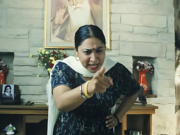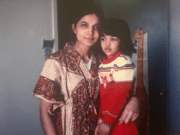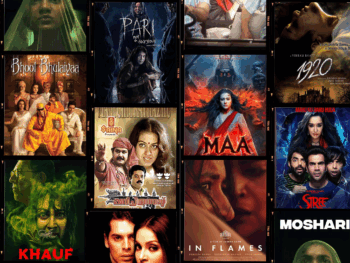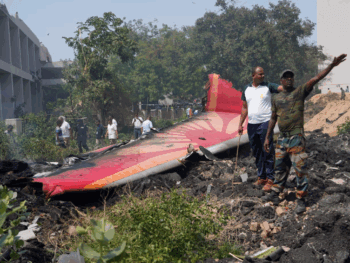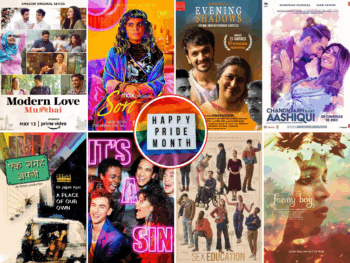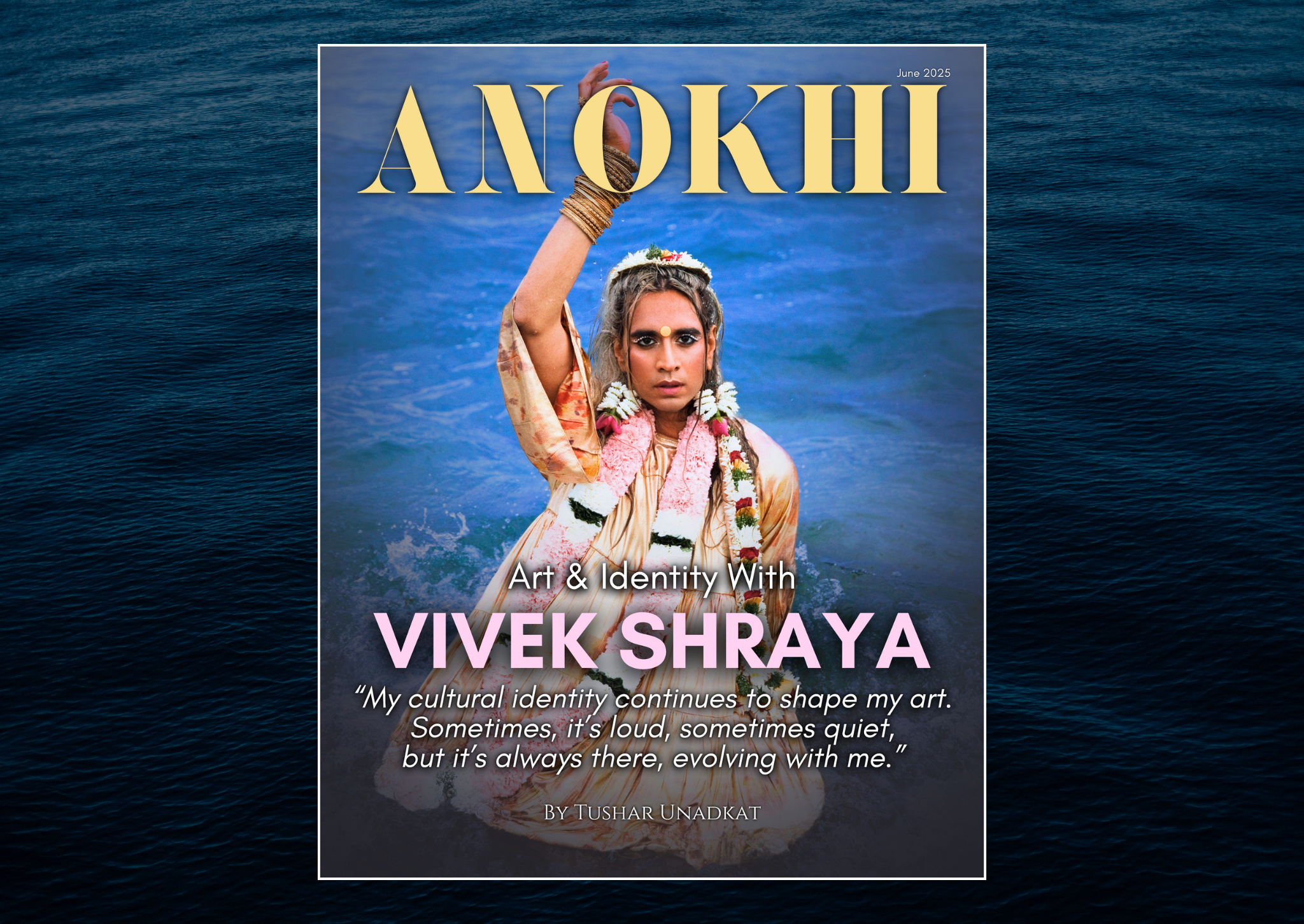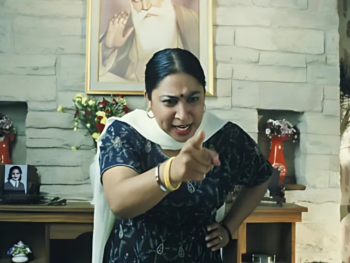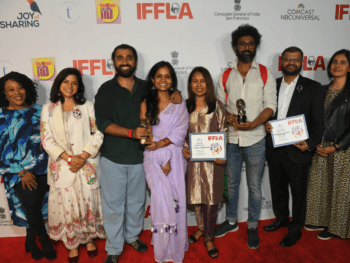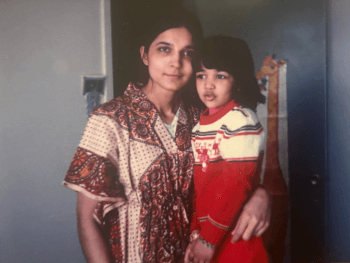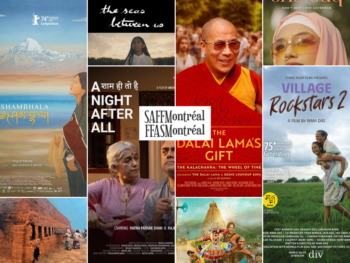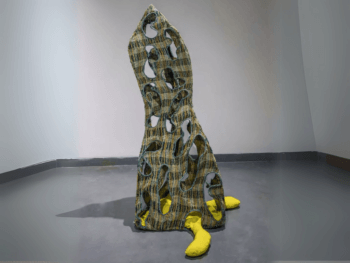Is The Caste System Behind The Recent Rise Of Student Suicides? Part II
Feb 14, 2016
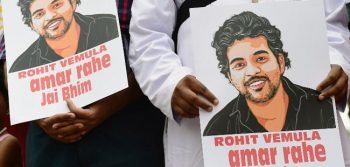
*This is part two of our examination of the student suicide rates in India. Click here to read part one of this discussion.
Is there something more sinister behind India's suicide crisis?
Twenty-six-year-old PhD student Rohith Vemula’s suicide in the southern city of Hyderabad exposes the deep inequalities that continue to exist between the conflicting values of the modern Indian state and institutions of higher learning in India. Furthermore, his death also sparked a national debate on the treatment of Dalits in higher educational institutes.
In part one, we explored the social and academic pressures that students face in Indian schools and universities. However, these learning institutes continue to see more student suicides due to other factors such as insidious caste politics that continue to run through the veins of higher institutions in India. We continue to explore the larger issue of casteism that remains prominent in India and its educational systems. According to Oxford Dictionaries, the definition of "Dalit" is the lowest member of the India's Hindu caste system (also known as "the untouchables"). It also means "oppressed" in Hindi, and is the self-selected political name of the group.
Vemula was more than just a doctoral student at Hyderabad Central University in Hyderabad India; he was an activist. According to The Hindu, he was involved in all sorts of campus activism including protesting the beef ban, capital punishment in the Indian judicial system, communal violence in Muzzafarnagar, and he followed the political values of Dr. B.R. Ambedkar. His death is also indicative of the rising tensions between progressive student associations and the conservative Akhil Bharatiya Vidyarthi Parishad (ABVP), the students’ wing of the right-wing Rashtriya Swayamsevak Sangh (RSS).
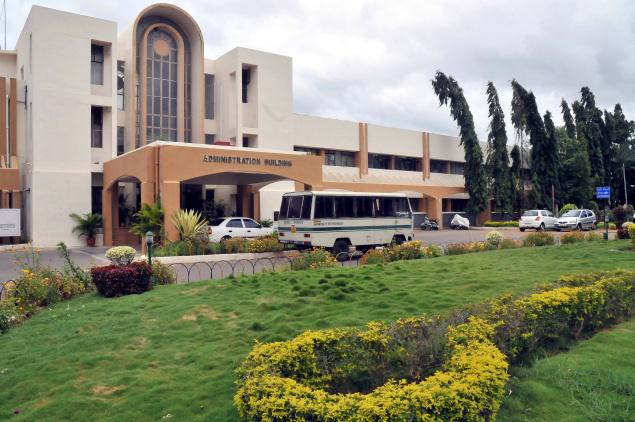
Photo Credit: www.thehindu.com
According to The Guardian, Vemula was one of the five Dalit students who were suspended by the university after being accused of assaulting the head of ABVP, even though they protested the charges. His monthly research stipend was also confiscated from him along with his eviction from the campus for allegedly participating in dissident activities.
The Guardian also notes that Vemula and his friends were suspended from classes for three months, were not allowed to enter university buildings, eat at the cafeteria or even participate in student elections. After being evicted from their dorm rooms, the students launched a hunger strike. Kolgani Ashok Kumar, Vemula’s roommate told the LA Times, “Rohith and four other scholars were sleeping and bathing in the open, like outcasts.” Kancha Illiah, also a Dalit activist, argued that many upper caste Indians have difficulty accepting a Dalit scholar.
Furthermore, political leaders also appoint university administration which makes it less likely that student complaints will be addressed. HIs friends also observed that the exclusion they experienced reminded them of the traditional practice in villages called villevarda, wherein The untouchables are forced out of their homes and displaced from the villages. Unfortunately, these practices are common throughout India.
A passionate activist and member of Ambedkar Student Associaton, Vemula's breaking point happened as he protested the distruption of the screening of controversial Nakul Singh Sawhney's documentary Muzzafarnagar Baaqi Hai (Swahney suggests that the 2013 riots that took place in Shamli and Muzzafarnagar were part of the BJP electoral campaign). He demonstrates this by showing his audiences with glimpses of BJP members advocating for communal violence in their speeches.
On the Hyderabad campus, ABVP attacked the students driving them out of their hostel rooms and eventually drove him to commit suicide. The documentary has also been disrupted in several universities including Kiror Mal College, Delhi, Delhi University, and Jawarharlal Nehru University (JNU). The ABVP complained, First post says, that the film is "likely to hurt Jat as well as Hindu sentiments."
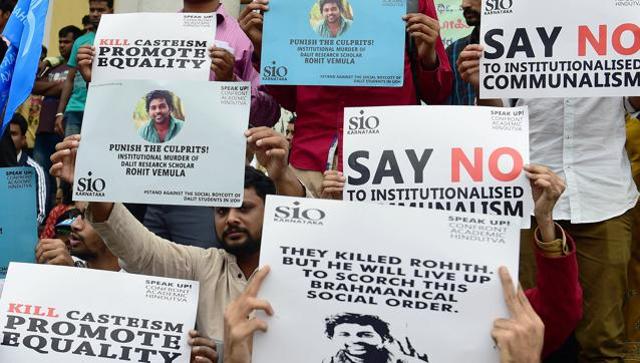
Photo Credit: www.Hindustantimes.com
Vemula’s suicide note also sheds light on the traumatizing and psychological torment he was experiencing prior to his death. The note reads, “I am not hurt at this moment. I am not sad. I am just empty. Unconcerned about myself. That’s pathetic. And that’s why I am doing this.” While media has called the note “confusing," it could be argued that Vemula has probably experienced more than his fair share of injustices. His activism, while controversial at times, was directed towards helping the minorities in India.
Vemula's tragic death is the reminder of the atrocities and predudice that the Dalits have faced since ancient times. As a result, it is hard not to get reminded of various representations of Dalit characters in India’s literary canon. On one hand, there is Balram Halwai, the-shrewd-Dalit-murderer-turned-successful-entrepreneur in Arvind Adiga’s The White Tiger (2008) and Om Prakash Valmiki’s memoir Joothan: An Untouchable’’s Life (2008). Both novels addressed the issue of India's caste system.
While Valmiki’s nonfiction demonstrates that even though Valmiki faced discrimination and violence, he was able to obtain an education and become an engineer. Adiga’s novel also proposes the idea of the “rooster coop”, which the author describes is “hundreds of pale hens and brightly coloured roosters stuffed tightly into wire-mesh cages, packed as tightly as worms in a belly, pecking each other and shitting on each other, jostling just for breathing space; the whole cage giving off a horrible stench…The roosters in the coop smell the blood from above. They see the organs of their brothers lying in those chickens living in a miserable condition with the poor class in India. The very same thing is done with human beings in this country.” Halwaai, the narrator, uses the metaphor of the rooster coop to address the inequality in the social infrastructure in India.
He argues that because of this, the lowest classes and castes are led to believe that they are in the mental state of “perpetual servitude.” While the fictional Balram decides to break the vicious cycle of the rooster coop by killing his master and eventually adopting his name. In reality, Vemula chose to become an activist in order to break from the rooster coop. While his actions were progressive and show solidarity with other minorities in India, he was still unable to break free from the rooster coop.
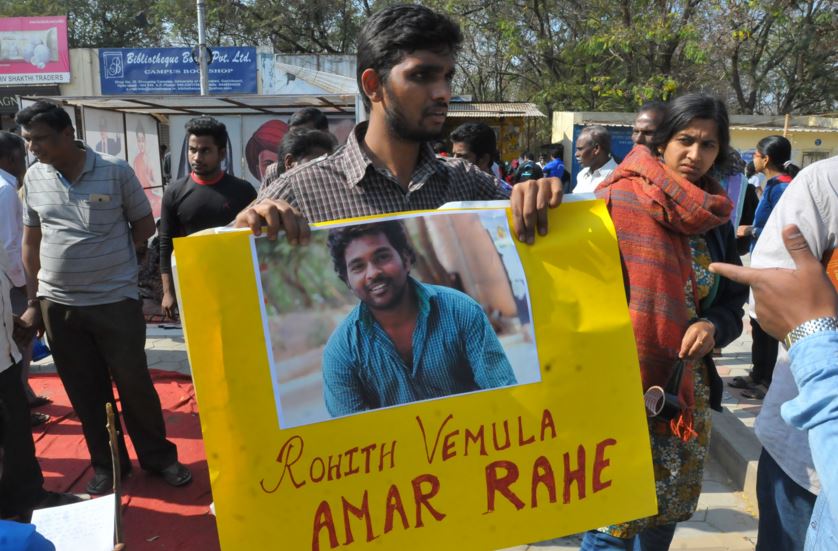
Photo Credit: www.TimesofIndia.com
Manash Bhattacharjee of The Hindu observes that perhaps Vemula saw the world closing in on him after being accused of assaulting a fellow student and also protesting the disruption by ABVP. Vemula’s death also draws attention to the prominence of the ancient caste system to this day. Even though, it is arguably not strongly practiced within modern cities, the Dalit students and scholars continue to feel its effects in the educational systems in India. The Dalits are also frequent victims of atrocities and violence.
Their cases are usually considered a low priority in India’s law system. For example, the 2014 Badaun gang rape case, where two young girls were foiund hanging from the mango trees in their village, continues to remain unresolved. Because they belonged to the Dalit caste, the case was not an immediate priority and CBI has claimed that both of them took their own lives and were not gang raped. However, these reports are still questionable and even The All India Democratic Women's Association agrees.
The Indian Express also notes that since Vemula's death, there have been further conflicts between the various political organizations in Hyderabad. Union Minister Bandaru Dattatreya has been accused of abetting Vemula’s suicide. AIMIM president, Asaduddin Owaisi, has visited the university to express solidarity with the students protesting Vemula’s death. He has accused BJP of representing Dalit and Muslims as anti-nationals.
The true victims of these various conflicts are students who are caught in midst of the various conflicting ideologies that are inherent within India’s social fabric. It seems that because of globalization, the conflict between the tradition and modernity is intensifying. As a result, the youth who adopts the modern ways of living become victims of the change. It is hard not to see the parallels between the 2012 Delhi rape victim, Jyoti Singh Pandey’s death, who endured a form of “corrective” rape because she was out with her male friend around 9 p.m. and belonged to the rising middle class and Vemula, who belonged to the lowest class but was also rising in his class status after becoming a doctoral student in one of India’s prestigious universities.
While, on one hand, India is without a doubt progressing (women and those belonging to a lower caste do have opportunities to “break” from the rooster coop with education, they have access to middle class luxuries, and are able to rise within the academic system), it is worth noting that traditional elements such as the caste system continue to act as chains that do not release them from the conventional expectations leaving people like Vemula in crossroads and without any choice but to commit suicide.
Main Image Photo Credit: www.NDTV.com
Nidhi Shrivastava
Author
Nidhi Shrivastava (@shnidhi) is a Ph.D. candidate in the English department at Western University and works as an adjunct professor in at Sacred Heart University. She holds double masters in South Asian Studies and Women's Studies. Her research focuses on Hindi film cinema, censorship, the figure o...
COMMENTS
YOU MAY ALSO LIKE
Newsletter Sign Up
Subscribe to our FREE newsletter for all of the latest news, articles, and videos delivered directly to your inbox each day!




